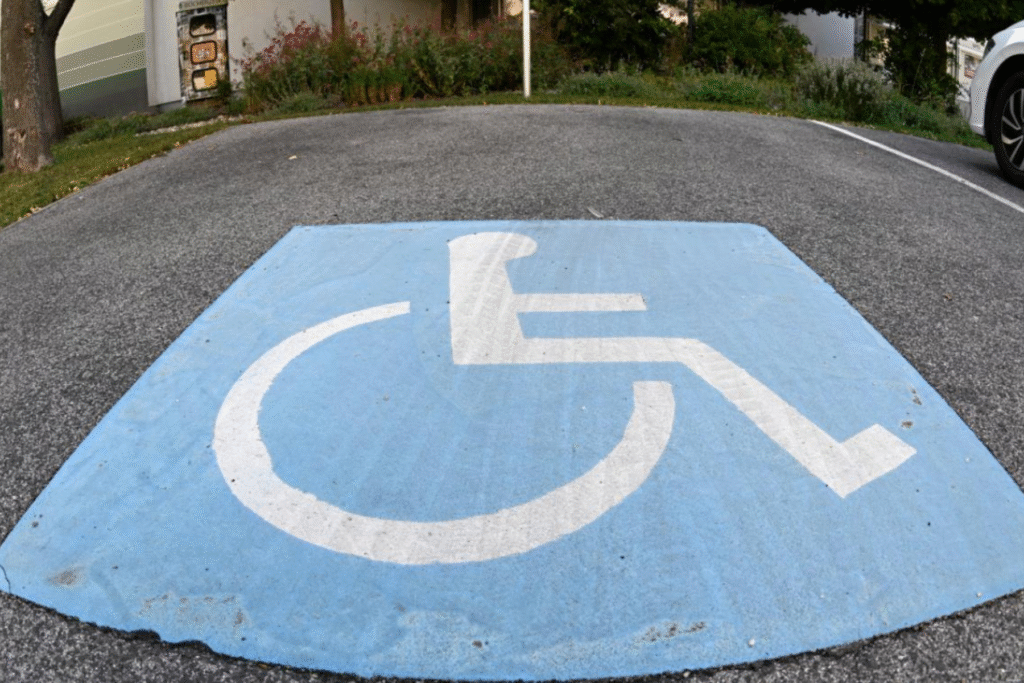
The mobility allowance for people with disabilities will be cut in half. Instead of €697 last year, only €335 will be paid out in 2025, the Ministry of Social Affairs confirmed on Monday to APA, verifying a report in the Kurier. Normally, the travel cost subsidy would have been adjusted for inflation and increased to around €720. The step is justified by the current budget situation.
The mobility allowance is intended for employed people with disabilities who cannot reasonably use public transport. The payment compensates for additional costs of commuting by private car. According to the Kurier, it could be completely abolished in 2027. The ministry also subsidizes the purchase of vehicles. However, the climate bonus was already eliminated this year, which had amounted to €290 annually for people with disabilities. Contrary to initial plans, the free annual public transport pass for visually impaired, blind, and deaf people in Vienna will remain in place.
Ministry Cites “Focus On Core Tasks”
From the office of Social Minister Korinna Schumann (SPÖ) it was stated that the reason for the cut is the “budgetary situation of the ATF (Compensation Tax Fund), through which the mobility allowance is paid.” The fund is financed by compensatory payments from companies that do not meet their obligation to employ people with disabilities. In recent years, additional federal funds have repeatedly flowed into the fund to address acute challenges such as the COVID-19 pandemic and the war in Ukraine. As a result, expenditures had been significantly increased “without ensuring sustainable financing.”
According to the ministry, this will create a funding gap of €100 million from 2026 onward. To cover it, €65 million in additional federal funds were released, but €35 million still must be saved. After extensive review, it was decided to “focus on the core target group and core tasks” for the coming years. Support directly in the workplace and job-retention measures will not be reduced. The ministry pointed to ongoing expenditures to improve the employment participation of people with disabilities.
ÖZIV: Disabled People Turned Into “Supplicants”
Representatives of disability organizations expressed differing views to the Kurier. Rudolf Kravanja, president of the ÖZIV federal association, criticized the measure: “This once again turns people with disabilities into supplicants who may have to go looking for donations. But we all want a confident, independent life.” Martin Ladstätter from the association Bizeps expressed understanding for the need to save funds but called for focusing “on what is really necessary,” such as personal assistance in the workplace, wage subsidies, and training.
Green Party MP Ralph Schallmeiner, spokesperson for people with disabilities, issued a statement: “Once again, it is not the broad shoulders carrying the burden. The government wants to invest billions in the Lobau tunnel but cuts the mobility allowance for people with disabilities in half without prior notice. That is government policy.” The Greens plan to raise the issue in the Social Affairs Committee in October. “Those affected rely on this support,” said Schallmeiner.

